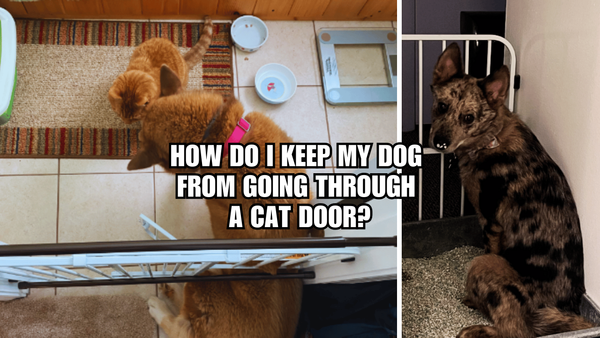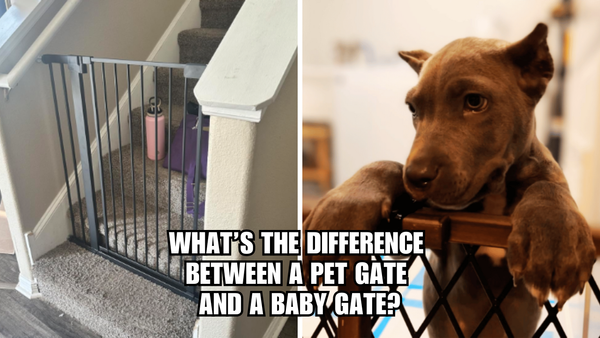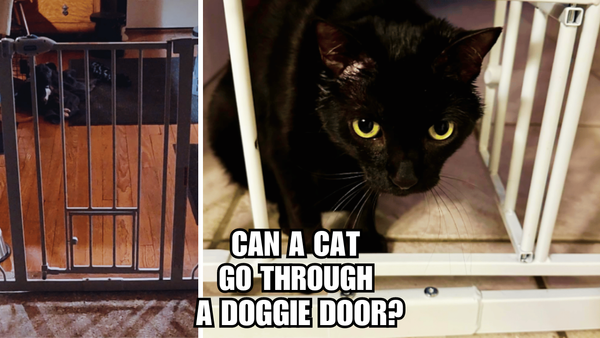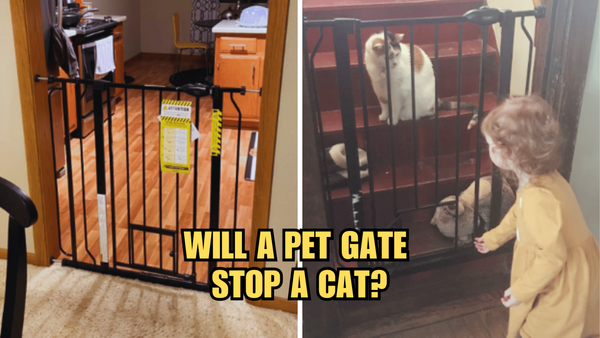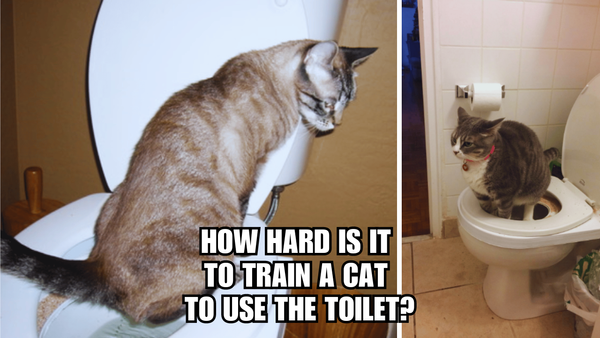Do you brush your cat's teeth? If not, you may be putting your furry friend at risk for dental problems. Neglecting your cat's oral health can result in a variety of issues, including bad breath, tooth decay, gum disease, and even internal organ damage.
In this article, we'll explore the topic of "What happens if you don't brush your cat's teeth?" - covering everything from the importance of dental hygiene to the consequences of neglecting it.
We'll delve into each of the following topics to give you a comprehensive overview of the importance of proper feline dental care: The dangers of periodontal disease, Common dental problems in cats, Signs of dental issues in cats, The benefits of regular dental care, How to brush your cat's teeth, and much more.
By the end of this resource, you'll have a better understanding of your cat's dental health and the steps you can take to ensure their long-term well-being. So, let's get started!
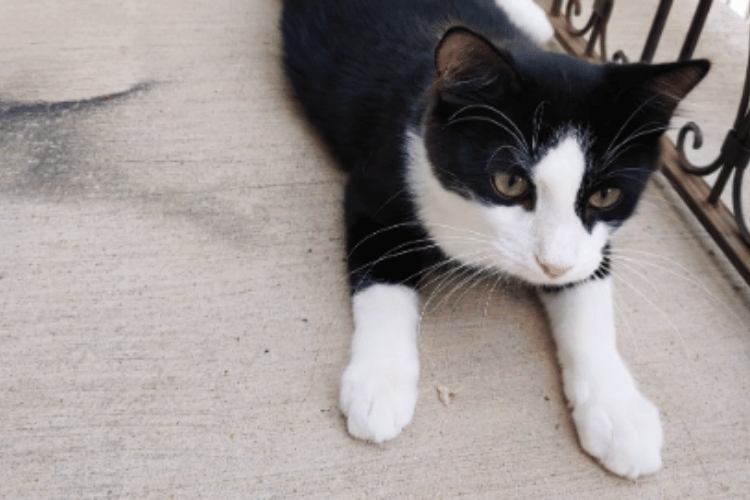
The Consequences of Not Brushing Your Cat's Teeth
Just like in humans, neglecting dental hygiene in cats can have serious and sometimes irreversible consequences. Here are some of the most common problems that can occur if you don't brush your cat's teeth:
Tartar and Plaque Buildup
When cats eat, food particles and bacteria accumulate around their teeth, forming a sticky film called plaque. If this plaque is not removed, it hardens into tartar, a yellowish substance that sticks to the teeth and can only be removed by a veterinarian.
Tartar buildup can lead to bad breath, gingivitis, and periodontal disease.
Gingivitis
Gingivitis is an inflammation of the gums that is caused by the buildup of plaque and tartar. Symptoms of gingivitis in cats include red and swollen gums, bad breath, and bleeding. Left untreated, gingivitis can progress to more severe periodontal disease.
Periodontal Disease
Periodontal disease is a more serious condition that occurs when the inflammation and infection caused by gingivitis spreads to the tissues and bone that support the teeth.
This can eventually lead to tooth loss, abscesses, and even systemic infections that can affect the heart, kidneys, and liver.
Pain and Discomfort
When cats develop dental problems, they may experience pain and discomfort that can affect their quality of life. They may have trouble eating, drinking, and grooming themselves, and may become more irritable and less active.
Expensive and Invasive Dental Procedures
If your cat's dental problems have progressed to a more advanced stage, they may require expensive and invasive dental procedures like extractions, root canals, or even jaw surgery. These procedures can be stressful for your cat and can require anesthesia, which always carries some risk.
In conclusion, neglecting your cat's dental hygiene can have serious and sometimes irreversible consequences. By brushing your cat's teeth regularly and scheduling regular dental check-ups with your veterinarian, you can help your cat maintain strong, healthy teeth and avoid costly and painful dental problems down the road.
Top 5 FAQs: What happens if you don't brush your cat's teeth?
It's important to keep your cat's teeth clean and healthy, but what happens if you don't brush them regularly?
Not brushing your cat's teeth can lead to a number of serious health problems. Without regular brushing, plaque and tartar can build up on your cat's teeth, leading to gum disease, tooth decay, and even infection. This can cause your cat pain and discomfort, and can even lead to more serious health issues.
We've compiled a list of the most frequently asked questions about cat dental care so you can know more about how to keep your cat's teeth healthy and clean.
Why is it important to brush my cat's teeth?
Regular dental care for cats is crucial to maintain their oral health. Neglecting dental hygiene can lead to the buildup of plaque and tartar on their teeth, which can cause gum disease, tooth decay, and even tooth loss. Additionally, poor dental health can have negative effects on a cat's overall well-being, including issues with eating and potential systemic infections.
What are the consequences of not brushing my cat's teeth?
If you don't brush your cat's teeth, they may develop periodontal disease, which is the most common dental issue in cats. This condition starts with gingivitis, causing redness, swelling, and bleeding of the gums. Over time, it progresses to periodontitis, where the inflammation affects the tissues and bone supporting the teeth. Untreated periodontal disease can result in painful abscesses, tooth loss, and infections that can spread to other organs.
How does poor dental health impact my cat's overall health?
Oral health problems in cats can have a significant impact on their overall well-being. The bacteria that thrive in an unhealthy mouth can enter the bloodstream and potentially affect vital organs such as the heart, liver, and kidneys. Research suggests a link between periodontal disease and conditions such as heart disease, diabetes, and kidney disease in cats. By maintaining good dental hygiene, you can help prevent these serious health issues.
When should I start brushing my cat's teeth?
Ideally, you should introduce toothbrushing to your cat while they are still a kitten. This helps them become familiar with the process and more accepting of having their teeth brushed. However, if you have an adult cat who hasn't had dental care before, it's never too late to start. Be patient and gradually introduce toothbrushing, using positive reinforcement and rewards to make it a positive experience for your feline friend.
What can I do if my cat resists toothbrushing?
Some cats may initially resist toothbrushing, but with patience and persistence, most can eventually tolerate the process. Start by gently introducing your cat to the taste of pet-safe toothpaste and gradually progress to using a soft-bristled toothbrush or finger brush designed for cats. If your cat continues to resist toothbrushing, consult your veterinarian for alternative dental care options such as dental wipes, dental rinses, or dental diets that can help maintain their oral health.
Remember, regular veterinary check-ups are essential for monitoring your cat's dental health and addressing any potential issues. Taking proactive steps to care for your cat's teeth can contribute to their overall health, comfort, and longevity.
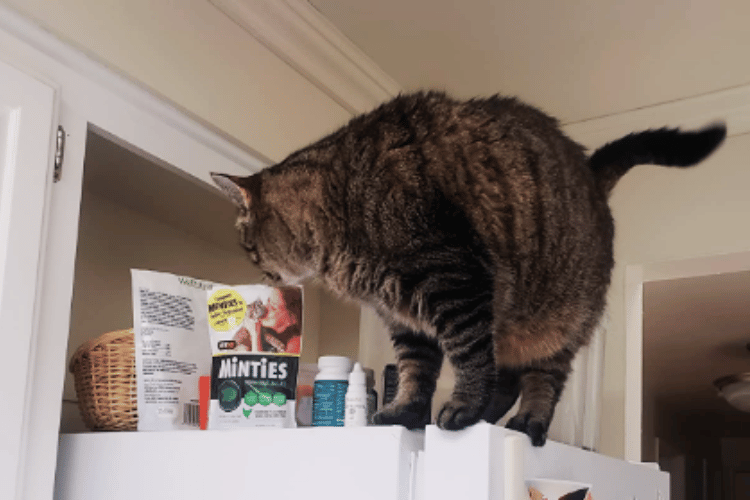
We've discussed the importance of brushing your cat's teeth regularly and the risks associated with not brushing. It's clear that regular brushing is essential for your cat's dental health.
Without regular brushing, plaque and tartar can quickly build up, leading to gum disease and tooth loss. Furthermore, bacteria from the mouth can enter the bloodstream and cause serious infections and other health issues.
So if you don't brush your cat's teeth, you could be putting their health at risk. Be sure to brush your cat's teeth regularly and keep an eye out for any signs of dental issues. Your cat will thank you for it!
Thank you for visiting LegitLists we hope this helps you make a legitimate choice!


